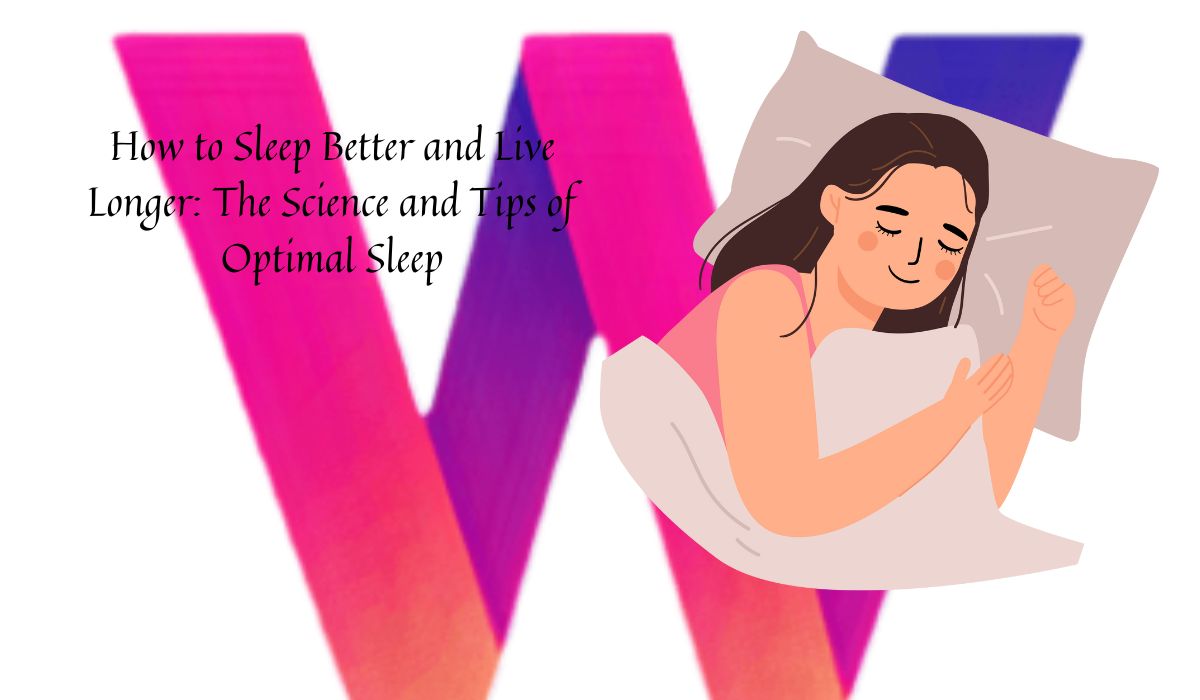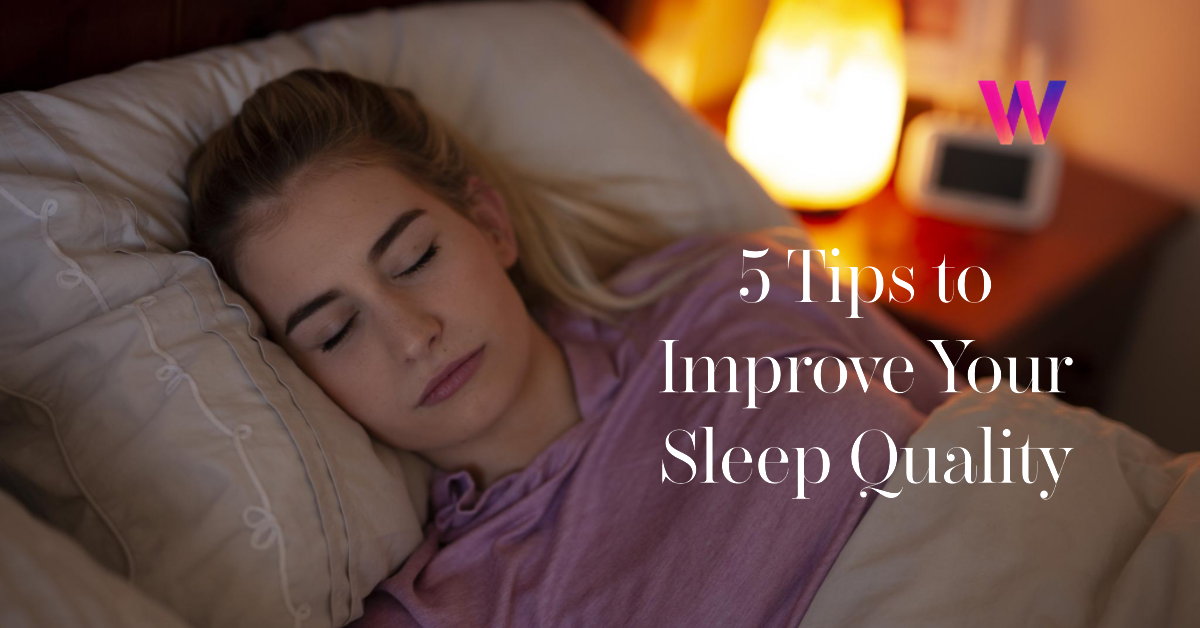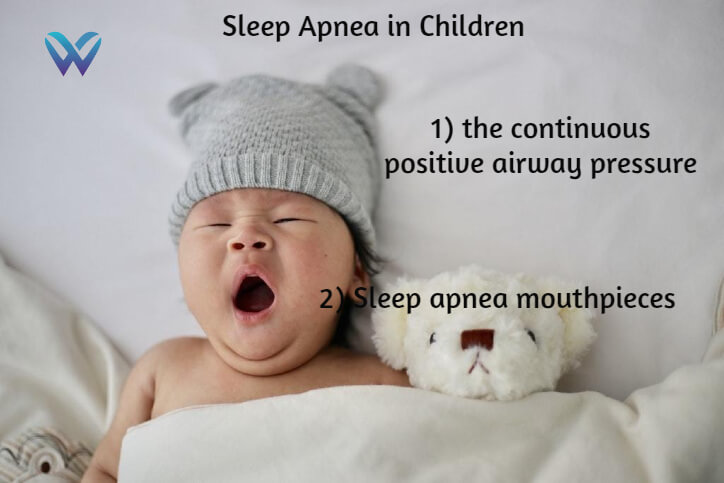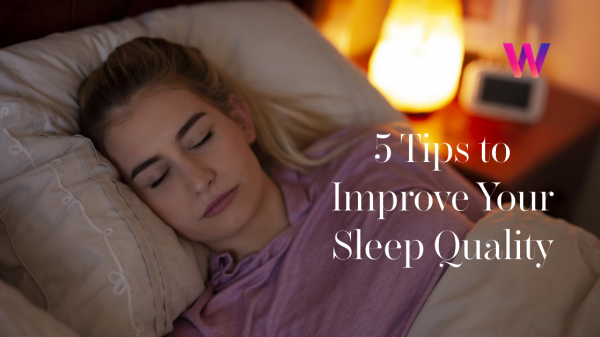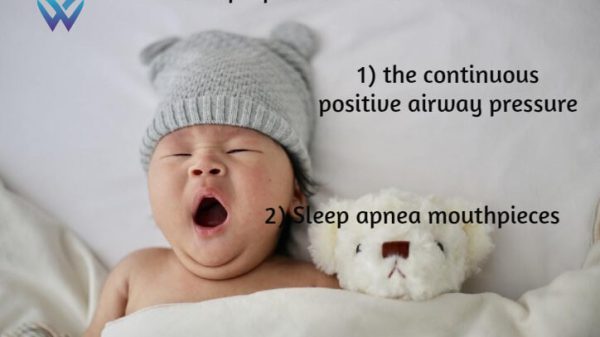Sleep is one of the most essential and mysterious aspects of human life. We spend about a third of our lives sleeping, yet we often take it for granted or neglect it. Sleep affects our physical, mental, and emotional well-being in profound ways, and not getting enough of it can have serious consequences for our health and happiness.
But how much sleep do we really need? And how can we optimize our sleep quality and quantity to achieve optimal performance and wellness? In this article, we will explore these questions and provide some practical tips and insights on how to get the best sleep possible.
The science of sleep
Sleep is not a passive or uniform state of unconsciousness. Rather, it is a dynamic and complex process that involves multiple stages and cycles, each with its own characteristics and functions. According to the most widely accepted model of sleep, there are two main types of sleep: rapid eye movement (REM) sleep and non-rapid eye movement (NREM) sleep.
REM sleep is the stage of sleep where we experience vivid dreams, as well as increased brain activity, heart rate, blood pressure, and breathing. REM sleep is thought to play a role in memory consolidation, emotional regulation, creativity, and learning. REM sleep typically occurs in the later part of the night, and accounts for about 20-25% of total sleep time.
NREM sleep is the stage of sleep where we experience deep relaxation, reduced bodily functions, and decreased awareness of the external environment. NREM sleep is divided into four stages, from light to deep sleep, and is thought to play a role in physical restoration, growth, and immune system function. NREM sleep typically occurs in the earlier part of the night, and accounts for about 75-80% of total sleep time.
Both REM and NREM sleep are essential for our health and well-being, and they alternate in cycles of about 90 to 120 minutes throughout the night. The optimal amount and proportion of each sleep stage may vary depending on various factors, such as age, lifestyle, and individual preferences.
The factors that influence sleep needs
There is no definitive answer to the question of how much sleep we need, as sleep needs are influenced by a variety of factors, both internal and external. Some of the most important factors that affect our sleep needs are:
- Age: As we grow older, our sleep needs change. Infants and young children need more sleep than adults, as sleep plays a vital role in their growth and development. Adolescents also need more sleep than adults, as they undergo hormonal and physiological changes during puberty. Adults generally need about 7 to 9 hours of sleep per night, although some may need more or less depending on their individual differences. Older adults may need less sleep than younger adults, but they may also experience more difficulty falling asleep and staying asleep, as well as more fragmentation and disruption of their sleep cycles.
- Lifestyle: Our lifestyle choices and habits can also affect our sleep needs. For example, physical activity, diet, stress, alcohol, caffeine, nicotine, and medications can all have an impact on our sleep quality and quantity. Physical activity can promote sleep by improving our physical and mental health, as well as by increasing our sleep drive and body temperature. However, exercising too close to bedtime can interfere with our sleep onset and quality, as it can stimulate our nervous system and keep us alert. Diet can also affect our sleep by influencing our metabolism, hormones, and neurotransmitters. Eating a balanced and nutritious diet can help us sleep better, while eating too much, too little, or too late can cause indigestion, hunger, or cravings that can disrupt our sleep. Stress can also impair our sleep by activating our fight-or-flight response, which can make us anxious, restless, and alert. Managing our stress levels and practicing relaxation techniques can help us calm our mind and body and prepare for sleep. Alcohol, caffeine, nicotine, and medications can also alter our sleep patterns by affecting our brain chemistry, circadian rhythm, and sleep stages. Alcohol can help us fall asleep faster, but it can also reduce our sleep quality and duration, as well as increase our risk of snoring and sleep apnea. Caffeine and nicotine can keep us awake and alert, but they can also interfere with our sleep onset and quality, as well as cause withdrawal symptoms and rebound effects. Medications can also affect our sleep by causing side effects, such as insomnia, drowsiness, or nightmares. Therefore, it is important to be aware of how these substances affect our sleep and to use them wisely and moderately.
- Environment: Our sleep environment can also influence our sleep needs. For example, light, noise, temperature, and comfort can all affect our sleep quality and quantity. Light can regulate our circadian rhythm, which is our internal biological clock that tells us when to sleep and when to wake up. Exposure to natural light during the day can help us synchronize our circadian rhythm with the external environment, while avoiding artificial light at night can help us fall asleep faster and sleep better. Noise can also affect our sleep by stimulating our auditory system and arousing our brain. Noise can come from various sources, such as traffic, neighbors, pets, or electronic devices. Reducing or eliminating noise can help us sleep more peacefully and deeply. Temperature can also affect our sleep by influencing our thermoregulation, which is our ability to maintain a stable body temperature. The optimal temperature for sleep may vary depending on individual preferences, but generally, a cool and comfortable temperature can facilitate sleep onset and quality. Comfort can also affect our sleep by affecting our posture, pressure points, and alignment. Having a comfortable and supportive mattress, pillow, and bedding can help us sleep more comfortably and soundly.
The benefits of getting enough sleep
Getting enough sleep is not only a matter of preference or convenience, but also a matter of health and performance. Getting enough sleep can have numerous benefits for our physical, mental, and emotional well-being, such as:
- Enhancing our immune system: Sleep can boost our immune system by increasing the production and activity of various immune cells, such as natural killer cells, T cells, and cytokines. These immune cells can help us fight off infections, inflammation, and diseases, as well as promote healing and recovery. Getting enough sleep can also reduce our susceptibility to common colds, flu, and other illnesses, as well as lower our risk of developing chronic conditions, such as diabetes, cardiovascular disease, and cancer.
- Improving our brain function: Sleep can improve our brain function by enhancing our memory, learning, creativity, and problem-solving skills. Sleep can facilitate memory consolidation, which is the process of transferring and integrating information from short-term to long-term memory. Sleep can also facilitate learning by strengthening neural connections and synaptic plasticity, which are the basis of learning and adaptation. Sleep can also facilitate creativity by allowing our brain to reorganize and recombine information in novel and innovative ways. Sleep can also facilitate problem-solving by enabling our brain to process and evaluate information more efficiently and effectively.
- Boosting our mood and emotional regulation: Sleep can boost our mood and emotional regulation by influencing our neurotransmitters, hormones, and neural circuits, which are involved in our emotions and mood. Sleep can increase the levels of serotonin, dopamine, and endorphins, which are neurotransmitters that can make us feel happy, motivated, and rewarded. Sleep can also regulate the levels of cortisol, adrenaline, and noradrenaline, which are hormones that can make us feel stressed, anxious, and alert. Sleep can also modulate the activity of the amygdala, hippocampus, and prefrontal cortex, which are brain regions that are involved in our emotional processing, memory, and decision-making. Getting enough sleep can help us feel more positive, calm, and balanced, as well as cope better with stress, challenges, and negative emotions.
The consequences of not getting enough sleep
Not getting enough sleep can have serious and detrimental consequences for our health and happiness, such as:
- Impairing our immune system: Not getting enough sleep can impair our immune system by reducing the production and activity of various immune cells, such as natural killer cells, T cells, and cytokines. These immune cells can help us fight off infections, inflammation, and diseases, as well as promote healing and recovery. Not getting enough sleep can also increase our susceptibility to common colds, flu, and other illnesses, as well as raise our risk of developing chronic conditions, such as diabetes, cardiovascular disease, and cancer.
- Deteriorating our brain function: Not getting enough sleep can deteriorate our brain function by impairing our memory, learning, creativity, and problem-solving skills. Not getting enough sleep can interfere with memory consolidation, which is the process of transferring and integrating information from short-term to long-term memory. Not getting enough sleep can also interfere with learning by weakening neural connections and synaptic plasticity, which are the basis of learning and adaptation. Not getting enough sleep can also interfere with creativity by preventing our brain from reorganizing and recombining information in novel and innovative ways. Not getting enough sleep can also interfere with problem-solving by reducing our brain’s ability to process and evaluate information more efficiently and effectively.
- Disrupting our mood and emotional regulation: Not getting enough sleep can disrupt our mood and emotional regulation by influencing our neurotransmitters, hormones, and neural circuits, which are involved in our emotions and mood. Not getting enough sleep can decrease the levels of serotonin, dopamine, and endorphins, which are neurotransmitters that can make us feel happy, motivated, and rewarded. Not getting enough sleep can also increase the levels of cortisol, adrenaline, and noradrenaline, which are hormones that can make us feel stressed, anxious, and alert. Not getting enough sleep can also alter the activity of the amygdala, hippocampus, and prefrontal cortex, which are brain regions that are involved in our emotional processing, memory, and decision-making. Not getting enough sleep can make us feel more negative, irritable, and depressed, as well as impair our ability to cope with stress, challenges, and negative emotions.
- Reducing our physical performance and safety: Not getting enough sleep can reduce our physical performance and safety by affecting our coordination, reaction time, strength, endurance, and balance. Not getting enough sleep can make us more prone to errors, accidents, injuries, and illnesses, as well as compromise our immune system and recovery. Not getting enough sleep can also affect our appearance, as it can cause dark circles, wrinkles, sagging skin, and weight gain. Not getting enough sleep can also affect our sexual health, as it can reduce our libido, fertility, and satisfaction.
The tips on how to Sleep Better
Getting enough sleep is not only a matter of quantity, but also a matter of quality. The quality of our sleep depends on how well we fall asleep, stay asleep, and wake up, as well as how refreshed and restored we feel after sleeping. To improve our sleep quality and quantity, we can follow some simple and effective tips, such as:
- Establish a regular sleep schedule: Having a consistent sleep schedule can help us synchronize our circadian rhythm with the external environment, as well as regulate our sleep drive and body temperature. Going to bed and waking up at the same time every day can help us fall asleep faster and sleep better, as well as reduce our risk of insomnia, jet lag, and sleep deprivation. We can also adjust our sleep schedule according to our natural preferences, such as being an early bird or a night owl, as long as we maintain a sufficient and stable amount of sleep.
- Create a relaxing bedtime routine: Having a relaxing bedtime routine can help us calm our mind and body and prepare for sleep. Engaging in relaxing activities, such as reading, listening to music, meditating, or breathing exercises, can help us unwind and release stress and tension. Avoiding stimulating activities, such as watching TV, playing video games, working, or studying, can help us avoid mental and physical arousal and distraction. We can also avoid checking our phones, computers, or other electronic devices, as they can emit blue light that can suppress our melatonin production and disrupt our circadian rhythm.
- Optimize our sleep environment: Optimizing our sleep environment can help us sleep more comfortably and soundly. Making sure our sleep environment is dark, quiet, cool, and comfortable can help us avoid external disturbances and distractions that can interfere with our sleep quality and quantity. We can use curtains, blinds, or shades to block out any light sources, such as street lights, sunrise, or moonlight. We can use earplugs, headphones, or white noise machines to mask any noise sources, such as traffic, neighbors, pets, or snoring. We can use fans, air conditioners, or heaters to adjust the temperature to our preferred level, as well as wear appropriate clothing and bedding. We can also use a comfortable and supportive mattress, pillow, and bedding to suit our posture, pressure points, and alignment.
- Avoid caffeine, alcohol, nicotine, and heavy meals before bed: Avoiding caffeine, alcohol, nicotine, and heavy meals before bed can help us sleep better and avoid sleep disturbances and disruptions. Caffeine, alcohol, nicotine, and heavy meals can affect our brain chemistry, circadian rhythm, and sleep stages, as well as cause indigestion, hunger, or cravings that can disrupt our sleep. We can avoid consuming caffeine, alcohol, nicotine, and heavy meals at least 3 to 4 hours before bed, or limit our intake to moderate amounts. We can also drink plenty of water throughout the day to stay hydrated and avoid dehydration, which can cause headaches, dry mouth, and fatigue.
- Exercise regularly, but not too close to bedtime: Exercising regularly, but not too close to bedtime, can help us sleep better and improve our physical and mental health. Exercising can promote sleep by improving our cardiovascular, respiratory, muscular, and metabolic functions, as well as by increasing our sleep drive and body temperature. However, exercising too close to bedtime can interfere with our sleep onset and quality, as it can stimulate our nervous system and keep us alert. We can exercise at least 3 to 4 hours before bed, or choose low-intensity or relaxing exercises, such as yoga, stretching, or walking.
Conclusion
Sleep is one of the most essential and mysterious aspects of human life. We spend about a third of our lives sleeping, yet we often take it for granted or neglect it. Sleep affects our physical, mental, and emotional well-being in profound ways, and not getting enough of it can have serious consequences for our health and happiness.
But how much sleep do we really need? And how can we optimize our sleep quality and quantity to achieve optimal performance and wellness? The answer may vary depending on various factors, such as age, lifestyle, and environment. However, generally, adults need about 7 to 9 hours of sleep per night, and children and adolescents need more. Both REM and NREM sleep are essential for our health and well-being, and they alternate in cycles of about 90 to 120 minutes throughout the night.
Getting enough sleep can have numerous benefits for our physical, mental, and emotional well-being, such as enhancing our immune system, improving our brain function, boosting our mood and emotional regulation, and reducing our physical performance and safety. Not getting enough sleep can have serious and detrimental consequences for our health and happiness, such as impairing our immune system, deteriorating our brain function, disrupting our mood and emotional regulation, and reducing our physical performance and safety.
To improve our sleep quality and quantity, we can follow some simple and effective tips, such as establishing a regular sleep schedule, creating a relaxing bedtime routine, optimizing our sleep environment, avoiding caffeine, alcohol, nicotine, and heavy meals before bed, and exercising regularly, but not too close to bedtime.
Sleep is not a luxury, but a necessity. By getting enough sleep, we can improve our health, happiness, and quality of life. Sleep well, and sleep enough. 😴

